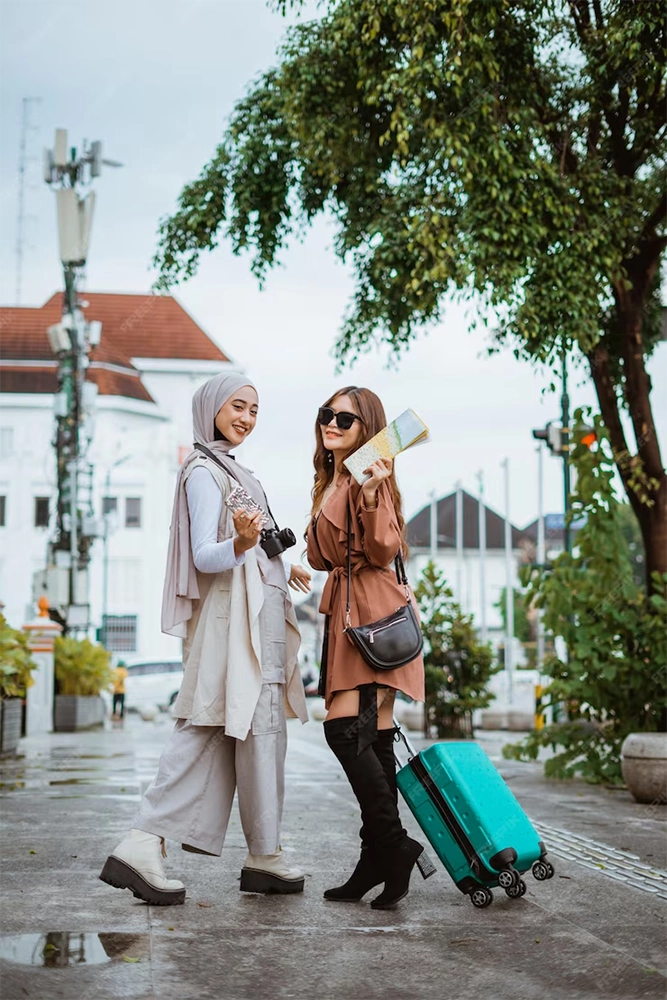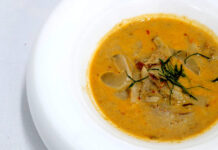The Tourism Authority of Thailand (TAT) has unveiled key trends shaping the rapidly expanding halal tourism sector, with projections indicating the market could reach THB 12 trillion (USD 324.96 billion) by 2030. This growth is driven by an increasing middle-class Muslim population with higher disposable incomes, significantly influencing their travel choices.
Apichai Chatchalermkit, Deputy for Products and Tourism Business at TAT, highlighted the sector’s impressive expansion. Economic growth and rising demand for halal-compliant travel experiences are fueling this trend. According to Credence Research, Inc., the market value has grown from USD 245.78 billion (about THB 9 trillion) in 2022, reflecting a strong upward trajectory.

“Investing in halal tourism offers a valuable opportunity to develop distinctive travel experiences and position Thailand as a top destination for Muslim travellers,” said Apichai Chatchalermkit.
The 2024 Mastercard-Crescent Rating Global Muslim Travel Index (GMTI) underscores Thailand’s rising status, ranking 32nd among preferred destinations for Muslim tourists and 5th among non-Muslim-majority countries. Thailand’s commitment to enhancing its appeal includes offering halal dining options, Muslim-friendly accommodations, and prayer facilities at major tourist spots.

TAT’s data reveals that 45% of Muslim travellers are women, who play a pivotal role in planning trips. These women often conduct detailed research on cultural attractions, comfortable lodging, and seasonal activities, guided by recommendations and advanced online platforms. Features such as precise prayer times, virtual travel experiences, and user reviews are simplifying their travel planning.
Thailand aims to leverage these trends to become a leading destination for Muslim tourists. Tourism operators are encouraged to tailor their services to meet the specific needs and preferences of Muslim travellers.

VISIT NAKHON RATCHASIMA
A Timeless Journey through Phimai National Museum
Nestled in the heart of Nakhon Ratchasima province, a mere 325 kilometres northeast of Bangkok, the Phimai National Museum has recently undergone a stunning transformation. This newly renovated cultural haven promises visitors an immersive journey through the rich history of Phimai’s past, seamlessly blending ancient history with cutting-edge exhibition techniques.
Key Halal Travel Trends:
1. Family and Group Travel: Muslim travellers are increasingly choosing family and group travel, with a growing demand for accommodations and activities that cater to large groups and provide privacy for children and women.
2. Islamic Cultural Heritage Tourism: Destinations with rich Islamic cultural heritage are experiencing increased interest. Travellers seek historical sites, mosques, and museums that reflect Islamic faith and history.
3. Nature and Adventure Tourism: Nature and adventure tourism is rising, particularly when activities align with religious traditions. Popular options include halal camping, hiking, wildlife safaris, and eco-tourism.
4. Health and Halal Spa Tourism: The halal health tourism sector is expanding, focusing on spas and wellness services that adhere to halal standards, including women-only spas.
5. Eco-Friendly Tourism: Sustainable and environmentally-conscious travel is gaining appeal among Muslim travellers, with an emphasis on eco-friendly destinations and accommodations.
6. Faith-Based and Multicultural Tourism: There is a growing interest in destinations offering insights into Islamic history, culture, and art, with a rising demand for multicultural experiences.












